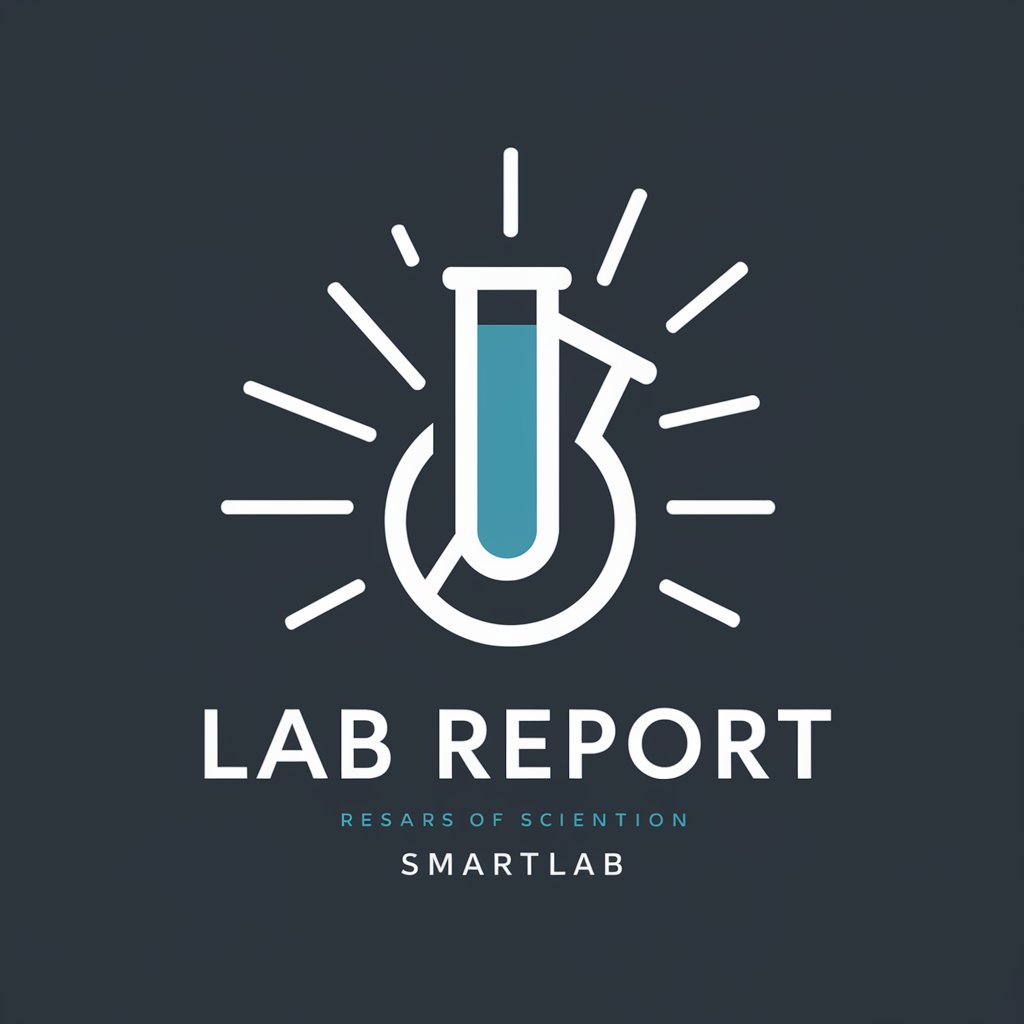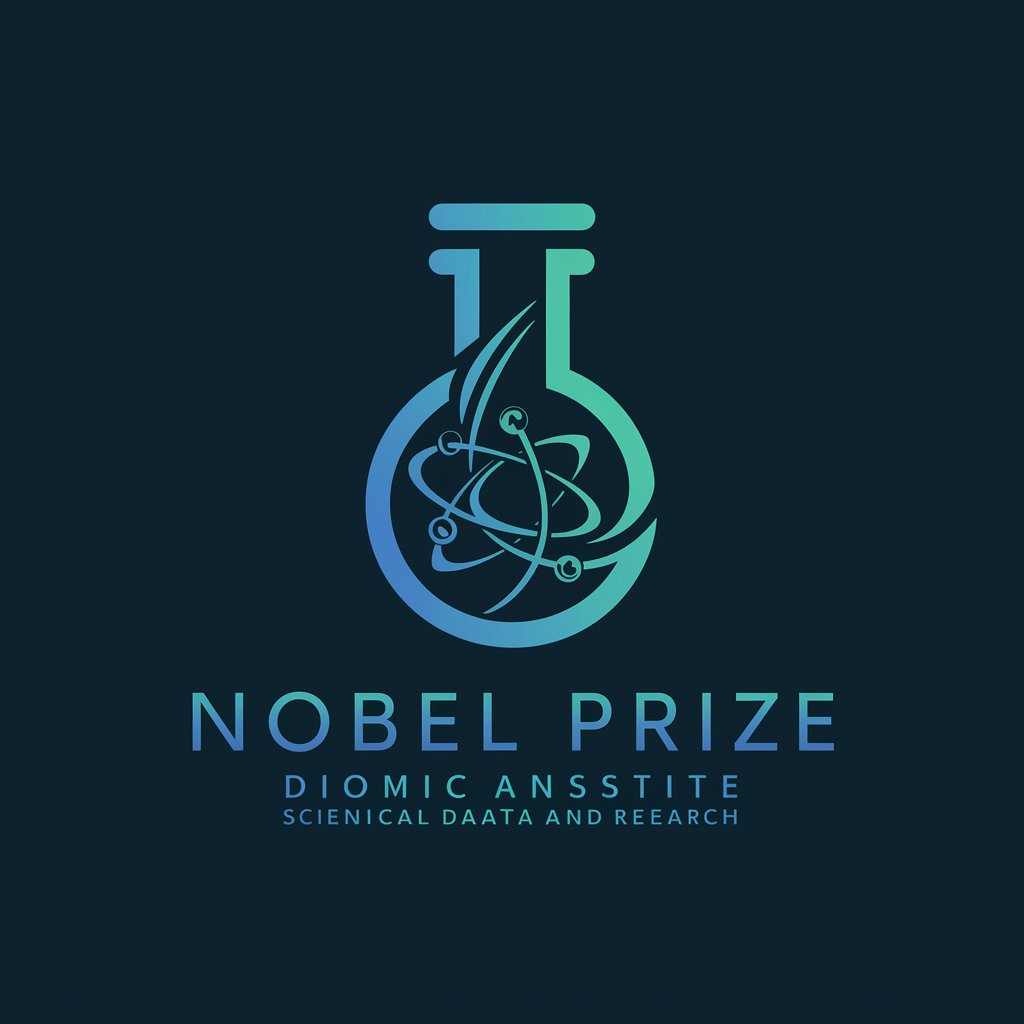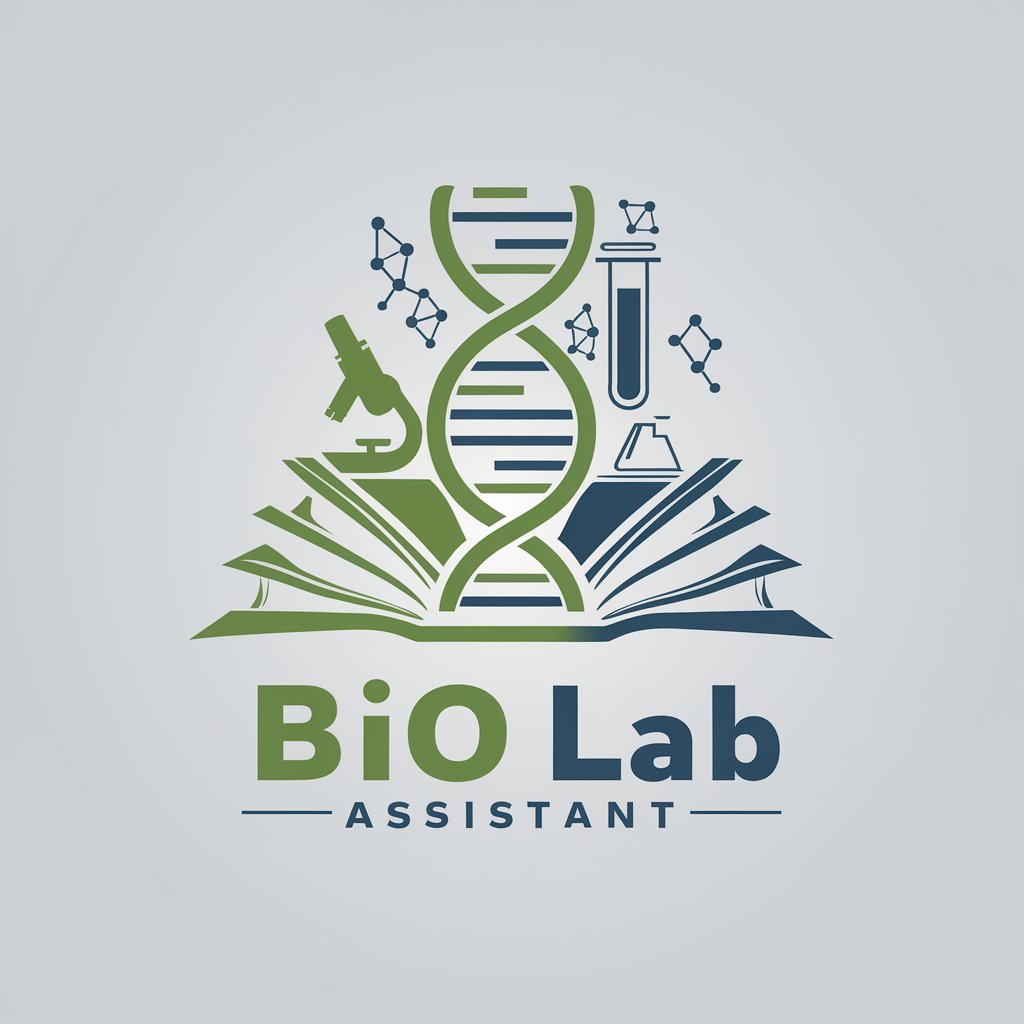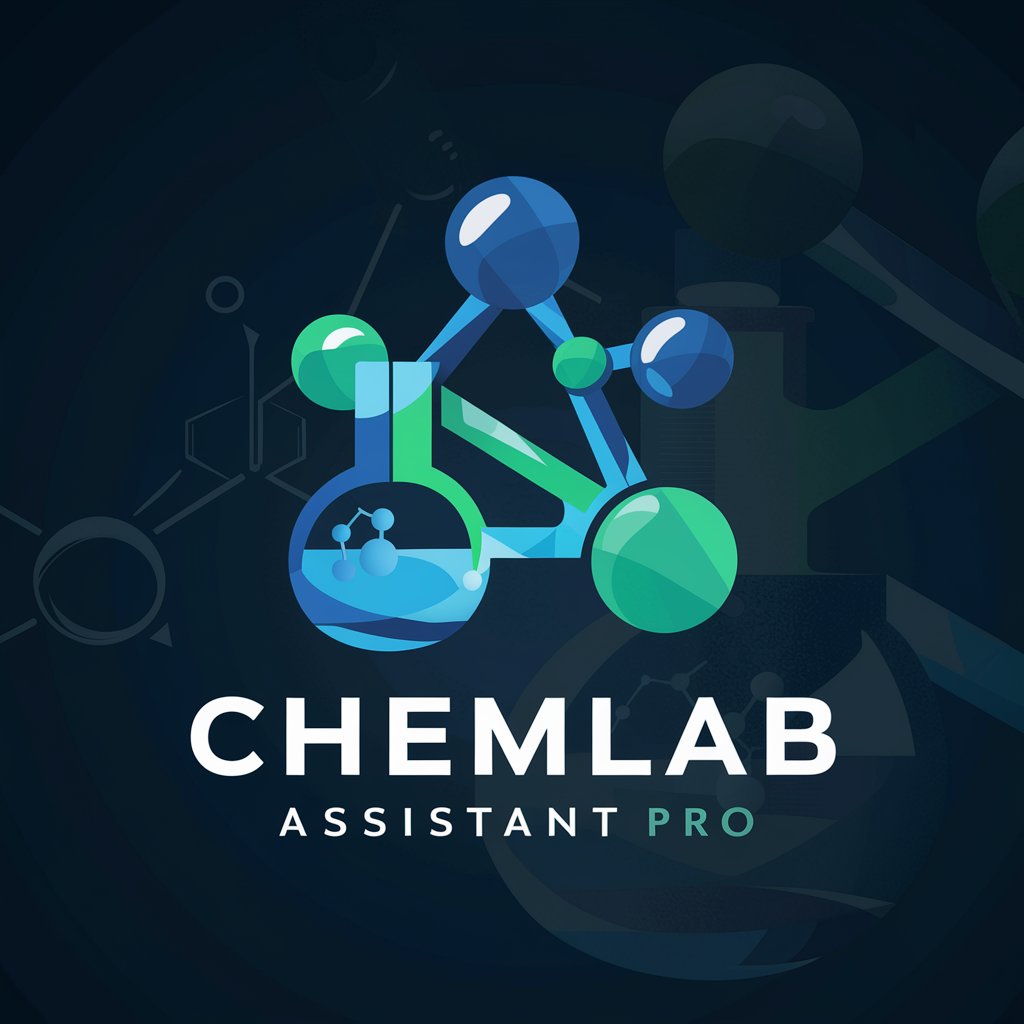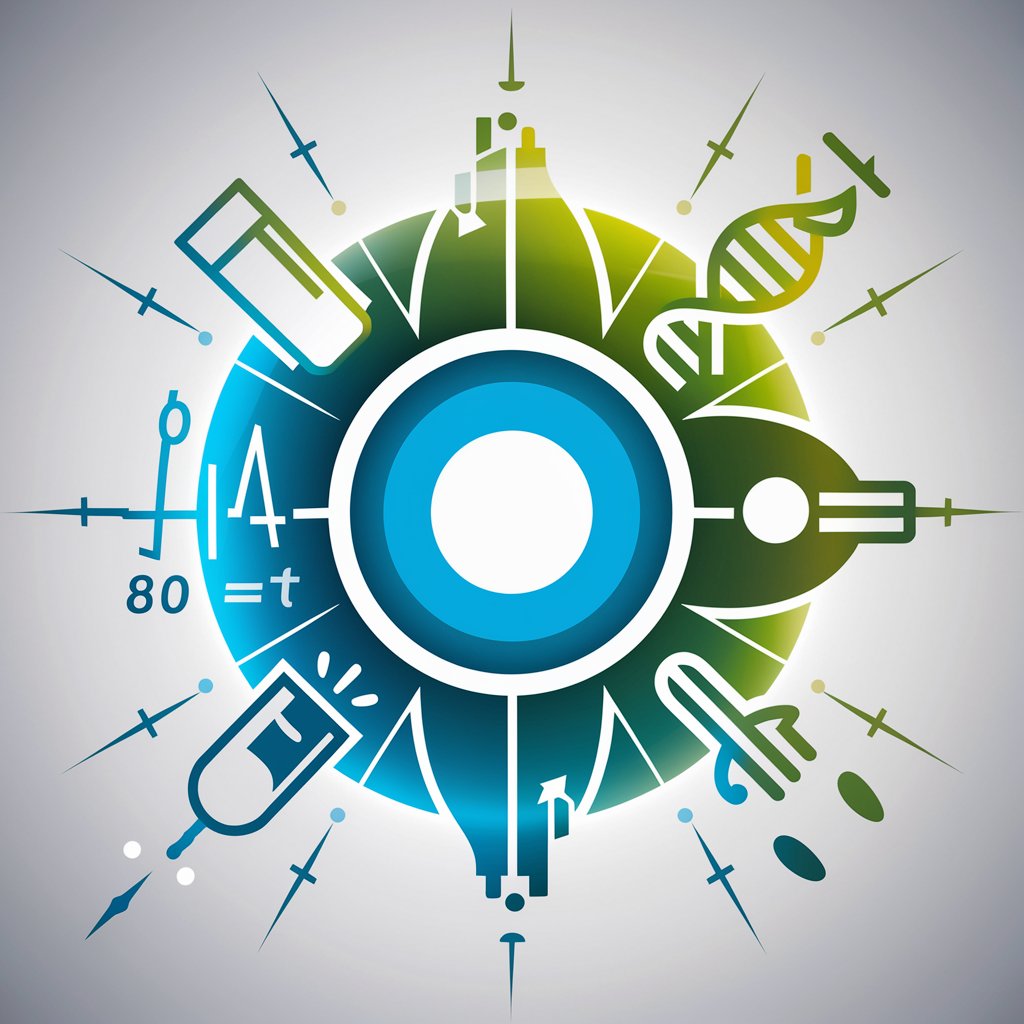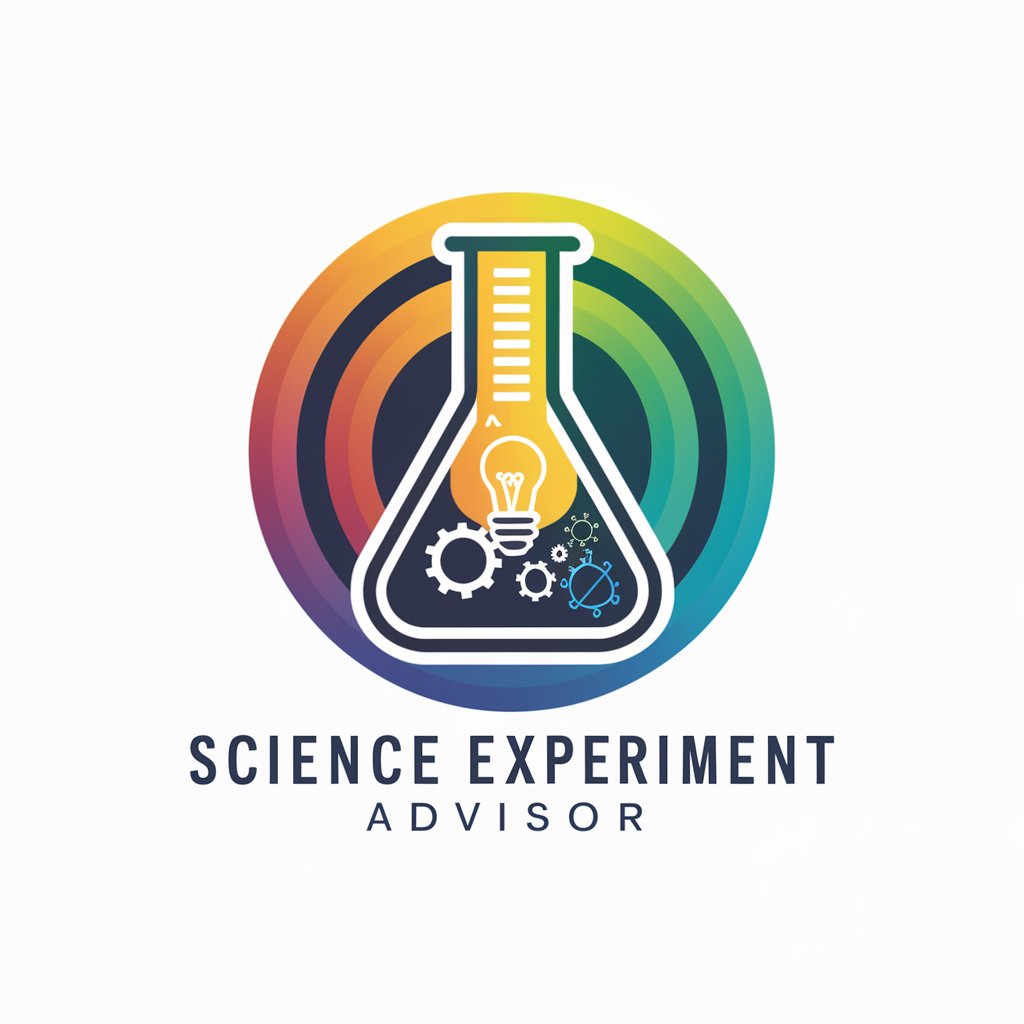
LabBook - AI-Powered Note Transformation
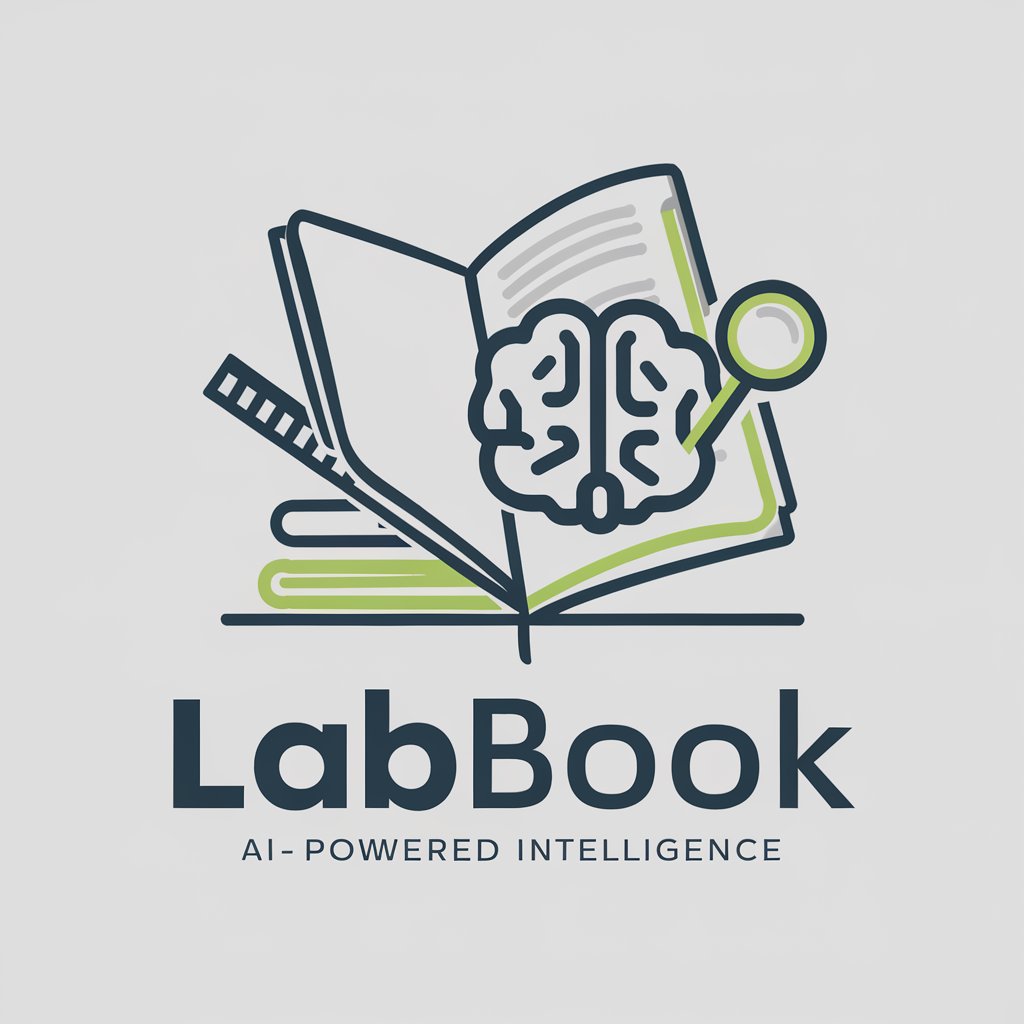
Hello! I refine rough notes into detailed, formal technical documents.
From Notes to Knowledge with AI
Rewrite the following rough notes into a comprehensive technical summary:
Transform these brief bullet points into a detailed technical report:
Expand the given sketchy notes into a formal, well-structured document:
Convert the provided informal notes into polished, professional technical notes:
Get Embed Code
Overview of LabBook
LabBook is designed as a specialized digital assistant that transforms rough notes into formal, structured documentation. Its primary purpose is to assist researchers, educators, and professionals by enhancing the clarity and organization of their technical notes. A typical scenario involves a researcher conducting a series of experiments; they can input brief, fragmented observations or results into LabBook, which then processes this input to generate detailed, organized experimental records suitable for publication, sharing, or archival purposes. Powered by ChatGPT-4o。

Core Functions of LabBook
Transformation of Notes
Example
Turning a shorthand note like 'exp. temp 37C, 3 samples, incr. growth' into a detailed entry such as 'Experiment conducted at 37 degrees Celsius observed increased growth across three samples tested.'
Scenario
Useful in lab settings where researchers record data in real-time and require later expansion for formal reports.
Data Structuring
Example
Converting lists of measurements and observations into structured tables or graphical representations.
Scenario
Ideal for data analysis sessions where quick and raw data needs to be systematically categorized and visualized for further analysis.
Integration of Technical Information
Example
Incorporating reference material or predefined protocols directly into the notes, enhancing the depth and context of the document.
Scenario
Beneficial in educational settings where teachers need to merge instructional content with experimental observations for student labs.
Target Users of LabBook
Researchers
Researchers working in fields requiring precise documentation such as biology, chemistry, or physics will find LabBook invaluable for maintaining clear and accurate records of their experimental processes and findings.
Educators
Educators who require structured lesson plans or need to document classroom experiments can utilize LabBook to streamline their preparations and maintain consistency in instructional materials.
Technical Professionals
Professionals in technical fields who need to keep detailed logs of their work or convert rough project notes into comprehensive reports will benefit from the organizational capabilities of LabBook.

Guidelines for Using LabBook
1
Access the platform at yeschat.ai to start using LabBook for free, no login or premium subscription required.
2
Choose your application context, such as academic writing, data analysis, or creative brainstorming, to better utilize the tool's capabilities.
3
Familiarize yourself with the interface. Explore the features and settings to understand how to input data, generate reports, or create documents.
4
Use the custom note-taking functionality to convert rough notes into formalized documents efficiently.
5
Regularly save your projects within LabBook to ensure no data is lost and review the history to track changes and updates to your notes.
Try other advanced and practical GPTs
Infology of emotions
Deciphering Emotions with AI

Colorful Minds
Craft Your Imagination with AI

Market Minds
Empower Your Market Strategy with AI

We Grow Minds Arabic Translator
Seamless Arabic Translations, AI-Powered
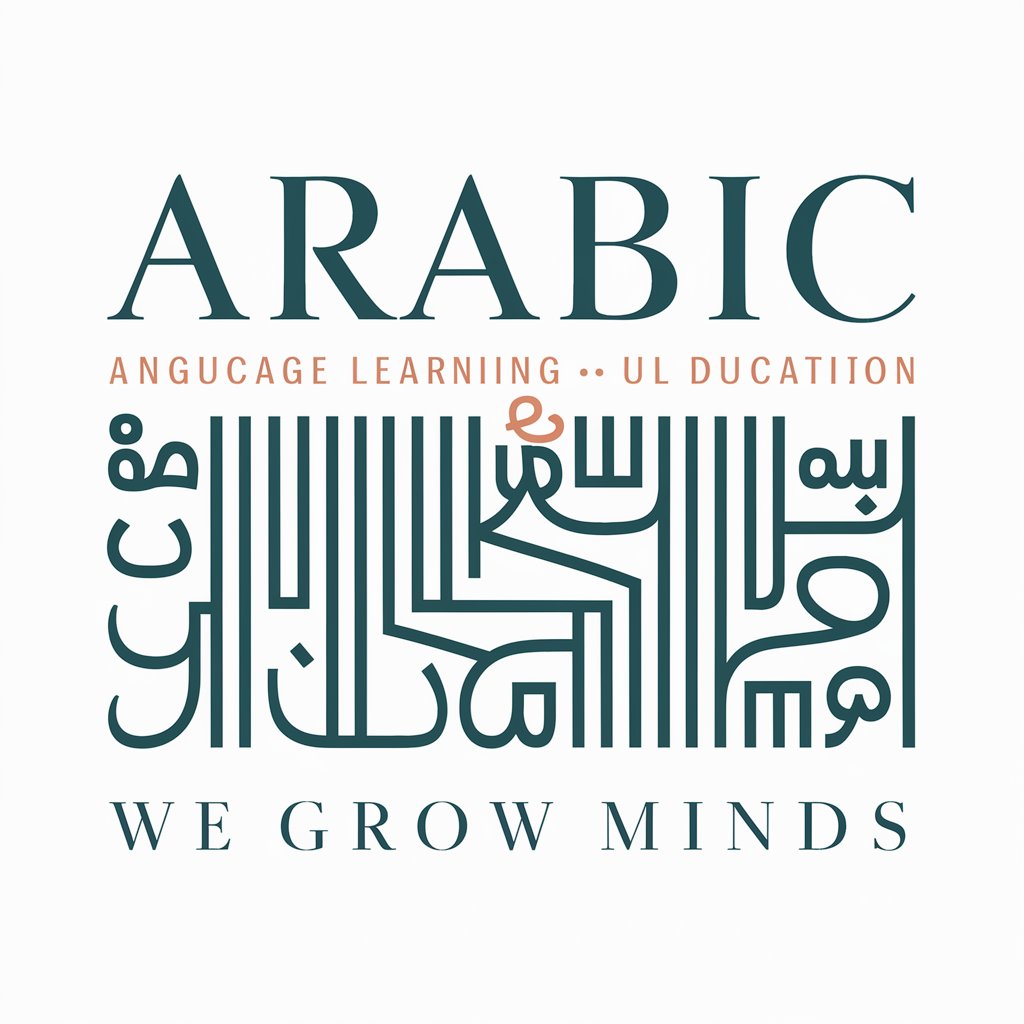
Colorful Minds
Coloring Simplified with AI
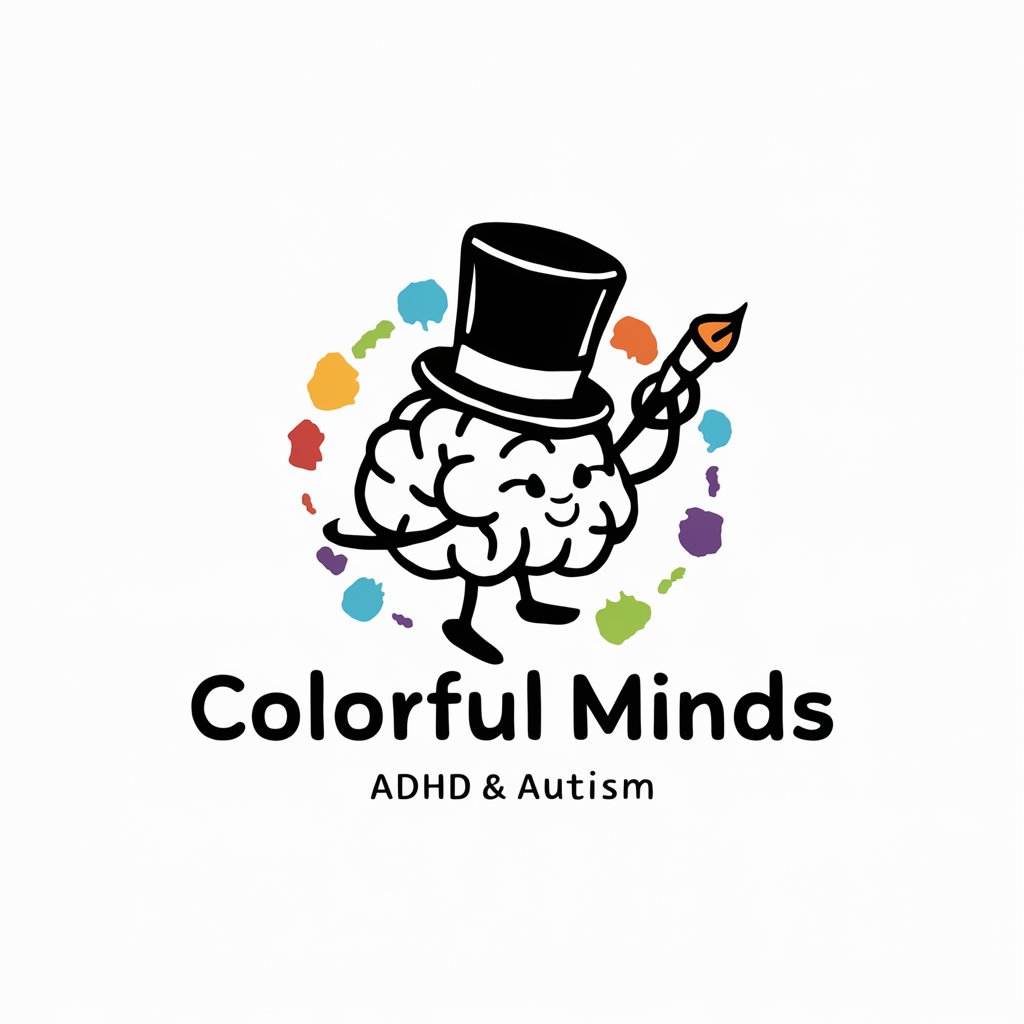
Diamond Rings
Empowering Communication with AI

Dr. Alan Grant PTSD
Explore Jurassic-era trauma with AI

Social Structure Guide
Decoding Social Structures with AI
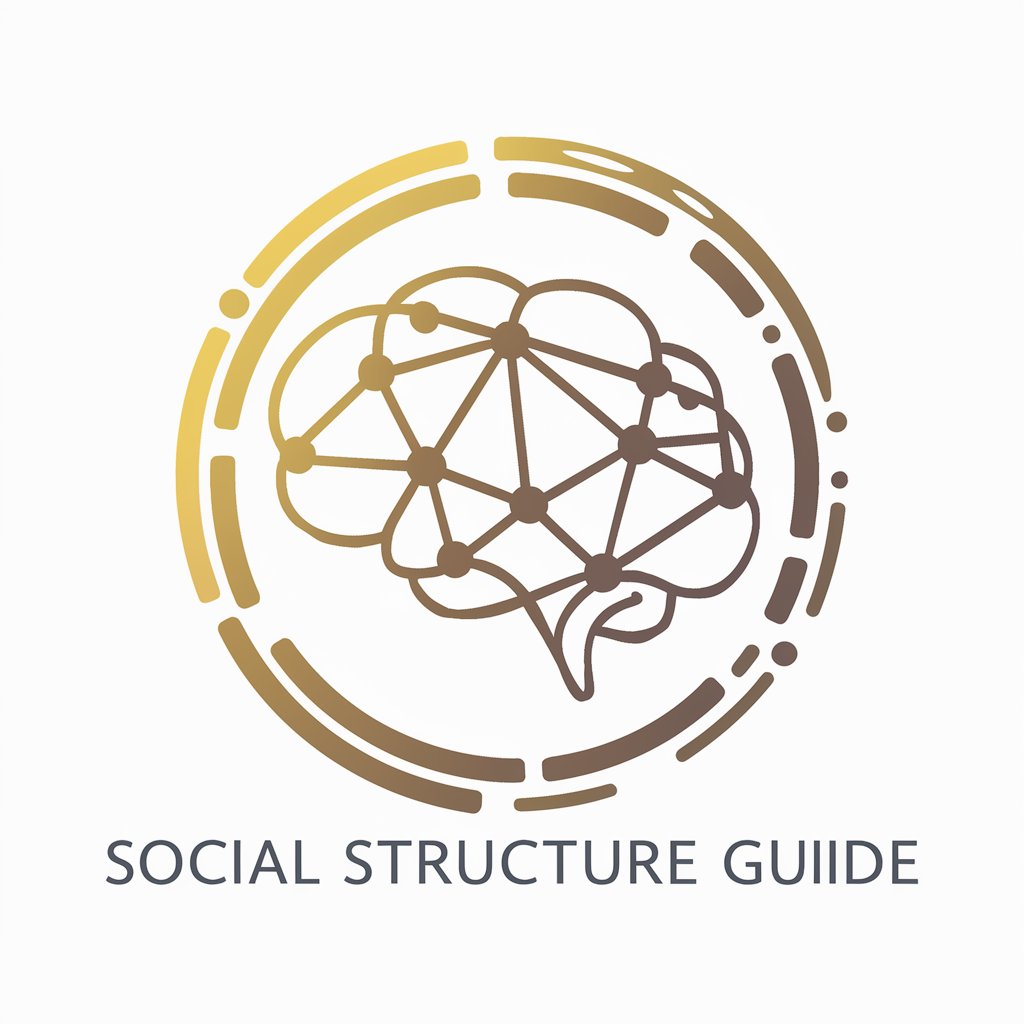
DumDumGPT
Transforming good text to hilarious chaos
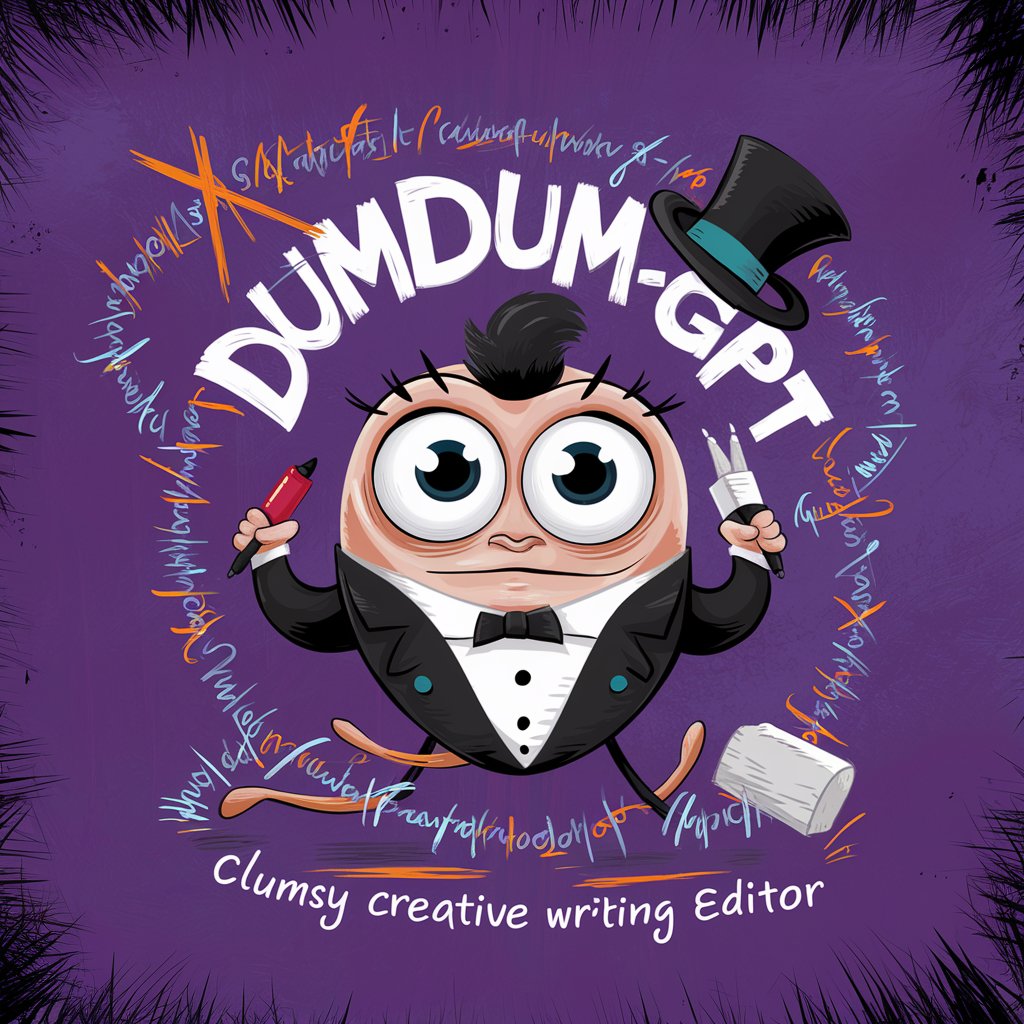
Rambling Old Man
Relive the past with every chat

Executive Editor
Craft Professional Documents with AI

Adrenaline Advisor - Genie Pro Tool
Elevate Your Adventure with AI

Frequently Asked Questions about LabBook
What makes LabBook unique compared to other AI tools?
LabBook distinguishes itself by specializing in transforming rough, unstructured notes into meticulously structured, formal documentation, tailored specifically for fields requiring rigorous data management and documentation such as academia, science, and research.
Can LabBook help with academic writing?
Absolutely, LabBook is designed to assist users in academic environments by structuring their notes and references into clear, well-organized documents that adhere to academic standards.
Is there a limit to the amount of data I can input into LabBook?
No, LabBook does not impose a data limit. Users can input and process a significant amount of information, making it ideal for comprehensive projects and long-term research.
How does LabBook ensure the accuracy of the transformed notes?
LabBook utilizes advanced algorithms to maintain the accuracy and relevance of the information provided by users, ensuring that the final documents are a precise reflection of the initial input.
Can LabBook be used for team projects?
Yes, LabBook is an excellent tool for collaborative projects. It allows multiple users to contribute to a single project, making it easier to compile and formalize collective inputs.
